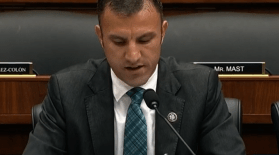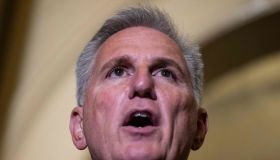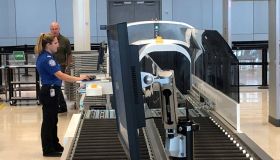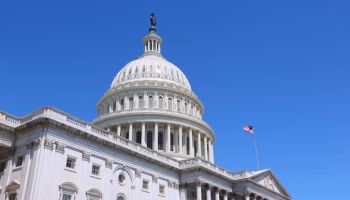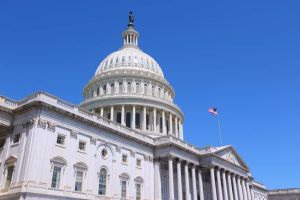
Source: (Photo by Marek Slusarczyk/Thinkstock.)
STATEWIDE — Lawmakers are returning to Washington this week after taking the better part of the last month off as the federal government inches closer to a possible shutdown.
The government runs out of money on September 30th, which means lawmakers must pass either a new long-term spending plan or a stop-gap measure to keep the government running and thus many services Americans rely on open.
The goal for Republicans in the House is to focus on a months-long measure so that they can have more time to put together a full budget. This will once again likely set up another squabble between the GOP-controlled House and Democrat-controlled Senate.
In the interim, if the government ends up shutting down come October, the U.S. economy may be in a world of hurt, says Paul Helmke, a professor of Public and Environmental Affairs at Indiana University.
“If you’re dealing with the government for some reason, you need your passport renewed … you have questions about your taxes, or you plan on visiting a national park, all of those things will be impacted because all the people tasked with dealing with those things won’t be on the job,” he said on WISH-TV.
“If the shutdown goes more than a few days, it could severely impact the nation’s economy,” Helmke added. “It could impact the nation’s credit rating.”
Senate majority leader Chuck Schumer said over the weekend that the top goal of the Senate in the next couple weeks will be to “fund the government and preventing House Republican extremists from forcing a government shutdown.”

